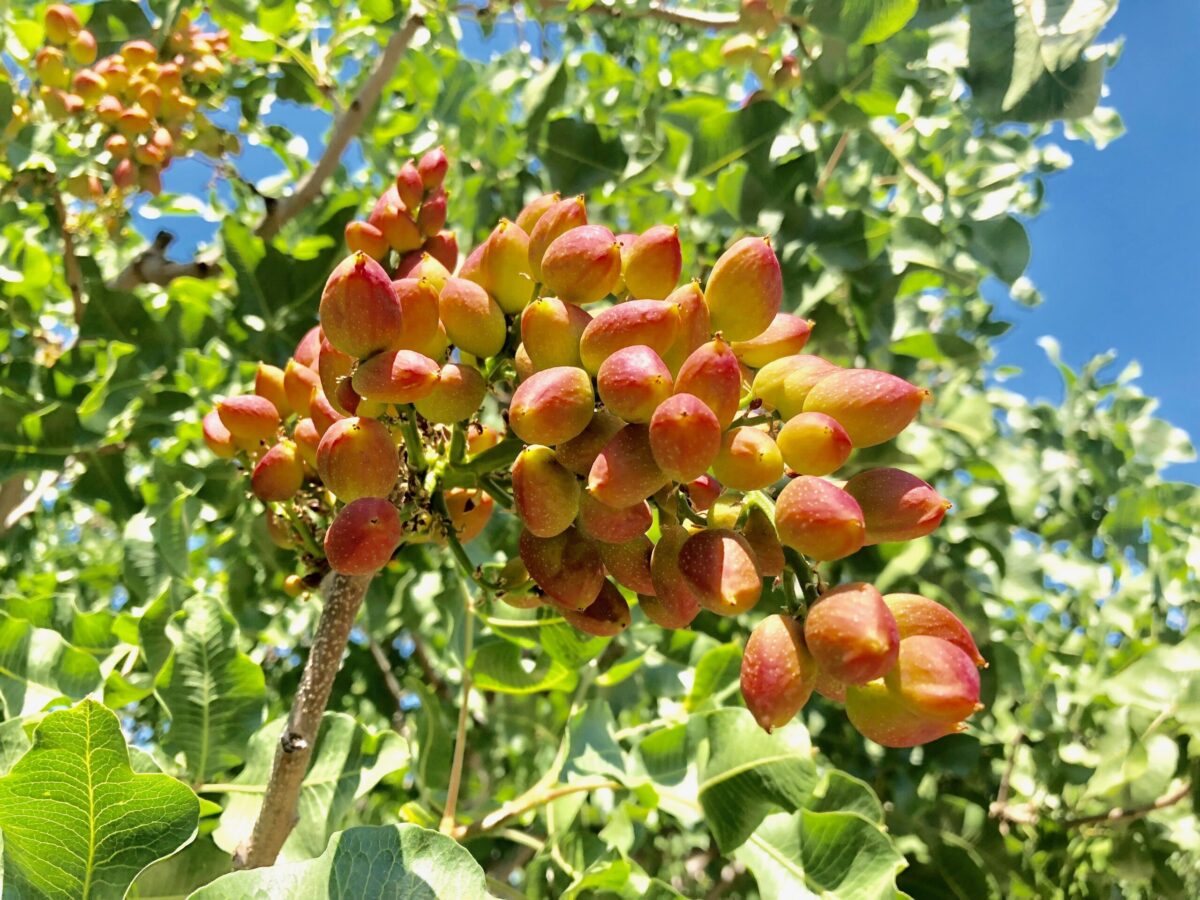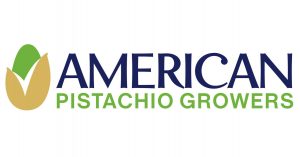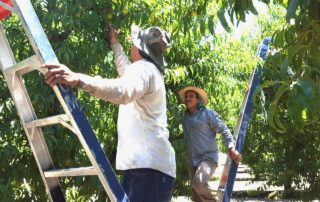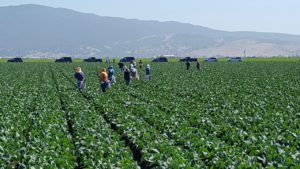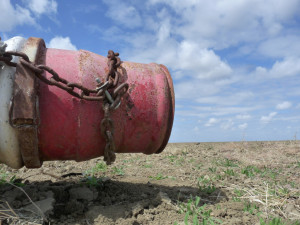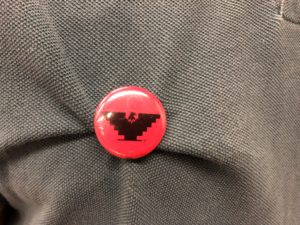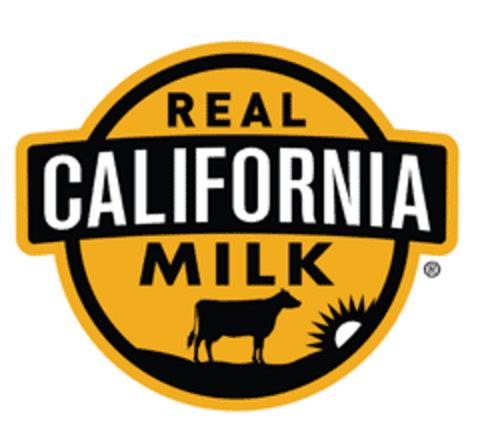California Grapes Get Air Time
On the Air with California Grapes
Radio commercials for California grapes created with major influencers are live and on the air.
Four radio show influencers have recorded radio commercials focused on choosing Grapes from California as a healthy snack.
Amy Brown voiced radio spots that are running on stations airing The Bobby Bones Show and Women of iHeart Country radio shows, plus on the 4 Things with Amy Brown podcast.
Enrique Santos is reaching Spanish-speaking consumers on stations that air the Tu Mañana program and English-language stations that air On the Move, plus on the Hola, My Name Is podcast.
Mario Lopez voiced California grape spots that are running on stations airing On with Mario Lopez and iHeartRadio Countdown, plus on the On with Mario Lopez podcast.
On stations that air The Steve Harvey Morning Show, California grape spots featuring Nephew Tommy are airing.
The ads will run through mid-December.
You can listen to the August and September spots here. The influencers will record new spots each month.
Photo is Mario Lopez who voiced a spot




